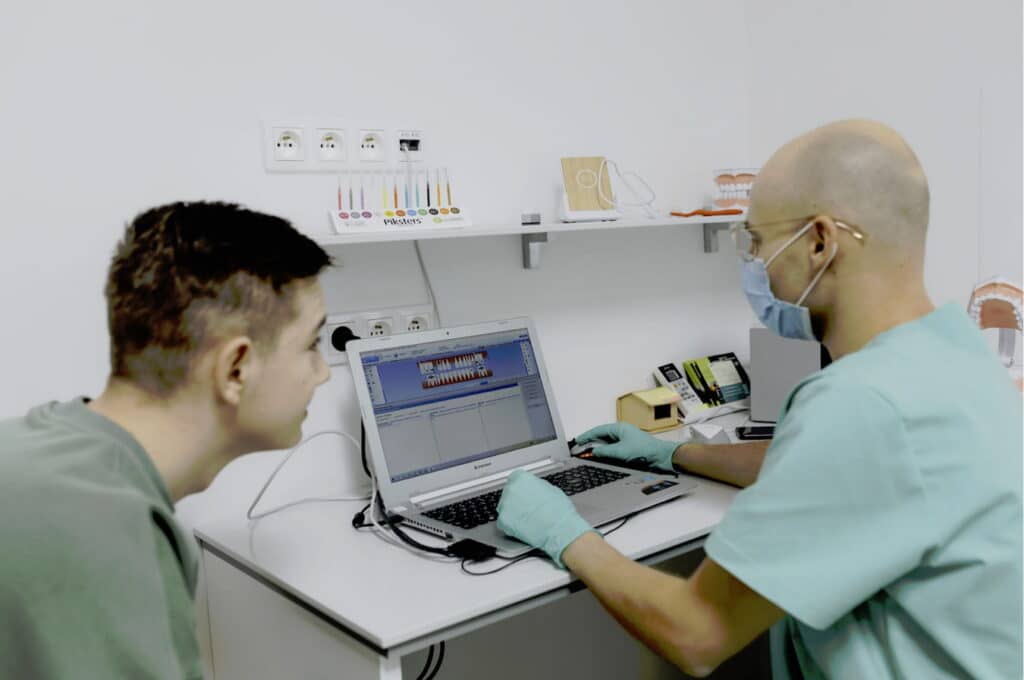Picking the perfect software solutions for a dental practice is easier if you know which products on the market right now are at the top of the tree in terms of features, functionality and pricing.
To save you time, we’ve rustled up an overview of how to make a decision, and what tools are worthy of your attention this year.
Factors to consider when selecting EHR software
You need to follow a number of steps while selecting EHR software or evaluating fully fledged practice management tools, with the key considerations being:
- The needs of your organization, based on requirements for individual employees as well as programs or treatments you offer
- The challenges you face, whether in terms of budget, people power, in-house resources or technical skills
- The reputation of top vendors, and how customers perceive the products they offer, with independent feedback given extra weighting
- The features on offer that go above and beyond basic EHR functionality, whether that includes staff management and payroll, practice management, medical billing or anything else
- The availability of post-purchase support, and what form this takes, including employee training, troubleshooting and help desk responsiveness
With all this in mind, you’ll be better equipped to decide which of the following services ticks all the boxes for your dentistry firm.
Recommended EHR & dental practice management software options
While your needs are unique, it’s useful to explore a few of the most reputable and widely used practice management tools available before you choose, such as:
ACE Dental
While it may not have a mobile app, which seems like an oversight in the modern era, the rest of this solution is on-point.
Powered by the cloud, it takes a tiered approach to pricing so that you don’t have to overpay if your needs are more limited. And if anything goes wrong, a support phone line is available to get you back up and running.
Tab32
One of the most widely deployed solutions in this niche, this service benefits from excellent visualization capabilities. It also puts patient engagement at the top of the agenda, while factoring in things like AI-driven functions that reduce the amount of work you need to do manually.
The downside is that you might struggle to find out how much you’ll need to pay for Tab32 before you’ve signed up, which means it’s harder to compare against its rivals from a pure cost perspective.
Dental Intelligence
The bigger your practice and the more team members you need to keep track of, the more important it is to have the right type of scalable, functional software on your side.
It’s the facet of performance monitoring and team collaboration which Dental Intelligence seeks to get right first and foremost, and it does so admirably in most regards. Everyone will know what’s expected of them from moment to moment, and issues can be identified automatically, which means you don’t need to wait for disaster to strike before intervening.
Mogo
Thanks to its use of Microsoft’s tried and tested Azure cloud infrastructure, there’s a lot to like about Mogo’s safety, security and availability.
It also puts patients in the driving seat regarding their medical data, as they can submit this themselves before they arrange an appointment, saving you time and making it easier to populate records with key info.
The Bottom Line
There are lots of other worthwhile dentistry EHR and practice management tools out there, so don’t feel like this is a definitive list. Instead use it as a jumping off point for your own efforts to find the perfect solution for your needs.

